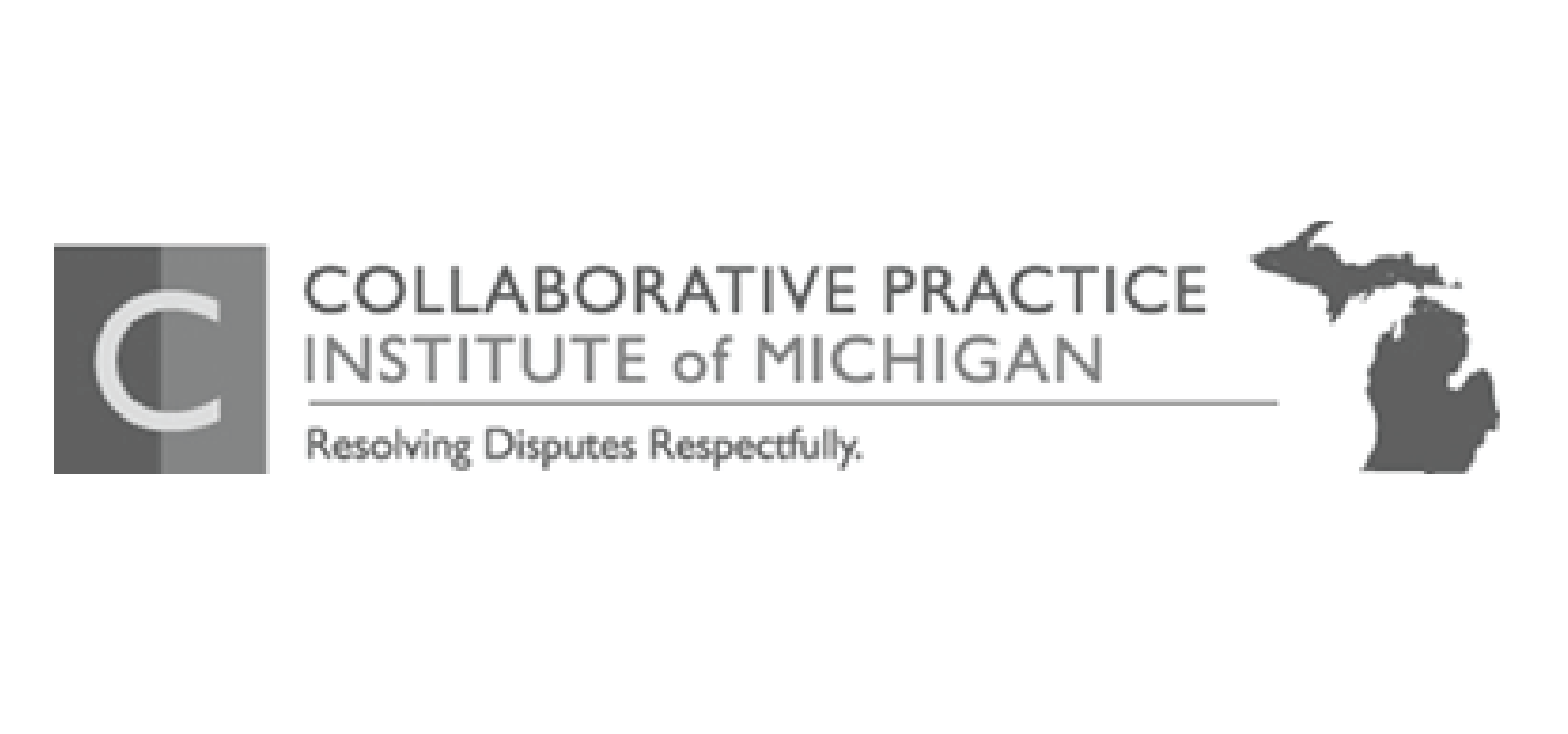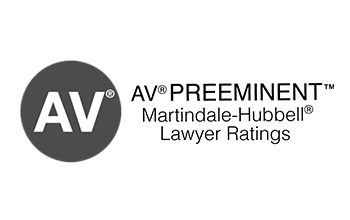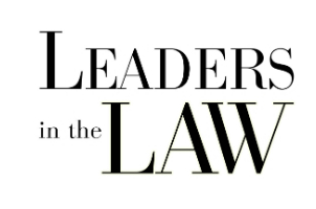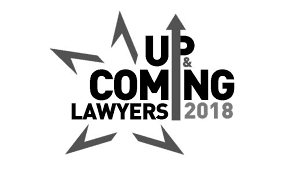Can Your Lawyer Inherit Your Assets?
January 11, 2016 Category: Will Contests, Trust Disputes & Probate Administration
Is it acceptable practice for a lawyer to prepare estate planning documents that leave a client’s assets to him or her? A very interesting case pending before the Michigan Supreme Court should answer this question. The Michigan Code of Professional Conduct, that governs lawyers licensed by the State Bar, states very clearly that a lawyer shall not prepare an instrument giving the lawyer (or a close relative) a substantial gift, including by will, from a client MRPC 1.8(c). Yet, this is exactly what happened in the case of Papazian v Goldberg, where lawyer Mark Papazian prepared the will for his long-time friend and client, Robert D. Mardigian, that left Papazian an estate of about $20,000,000 to the exclusion of Mardigian’s longtime girlfriend, nieces and nephews.
The Charlevoix County Probate Court granted summary disposition in favor of the family relying largely upon MRPC Rule 1.8(c). The Court of Appeals reversed and said that the amended trust prepared by Papazian was not void even though he was the primary beneficiary. Rather, the Court of Appeals said that the family and girlfriend of Mr. Mardigian, who were contesting the documents, had to prove that lawyer Papazian unduly influenced Mr. Mardigian for the amended trust to be set aside. Ultimately, if the Court of Appeals ruling is upheld and if Mr. Papazian were able to defeat the family’s claim of undue influence, he would receive the money but be subject to sanction by the State Bar for violating the rule. Possible sanctions include temporary or permanent disbarment.
But if the rules governing lawyer conduct are to be meaningful, shouldn’t a rule prohibiting conduct mean that the conduct is, in fact, prohibited in order to prevent that precise conduct? Is the MRPC strictly a guideline to lawyers or a statement of public policy that can be enforced by third parties? As Judge Servitto noted in her dissent to the Papazian decision “unethical contracts violate our public policy and therefore are unenforceable.” She noted as an example that a lawyer’s fee agreement that violates the Michigan Rules of Professional Conduct is void as a matter of public policy; therefore, she concluded that the trust should be voided as against public policy for violating the same rules. The Court of Appeals may have incentivized unscrupulous lawyers to write themselves into the estate plans of wealthy clients. For most, being disbarred is a much less bitter pill to swallow with a hefty $20,000,000 bank account. It seems to me that Judge Servitto has the better argument here and it will be very interesting to see where the Michigan Supreme Court lands on the issue.
















